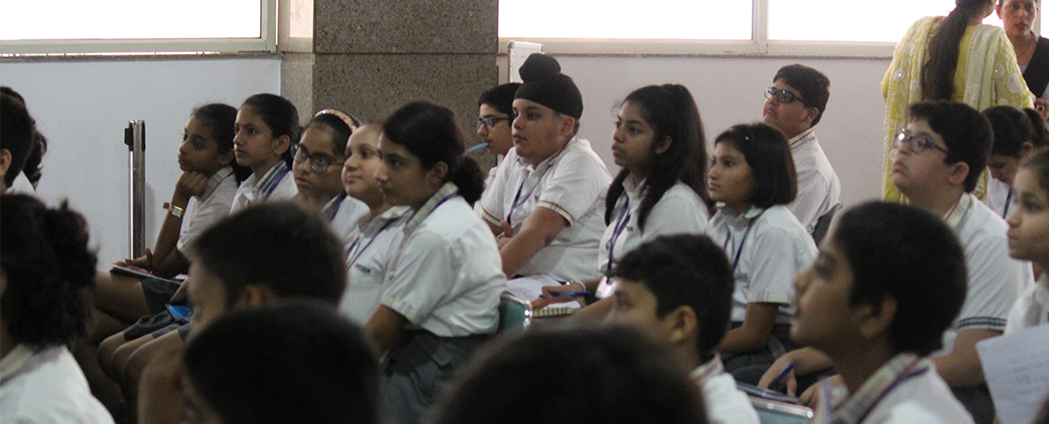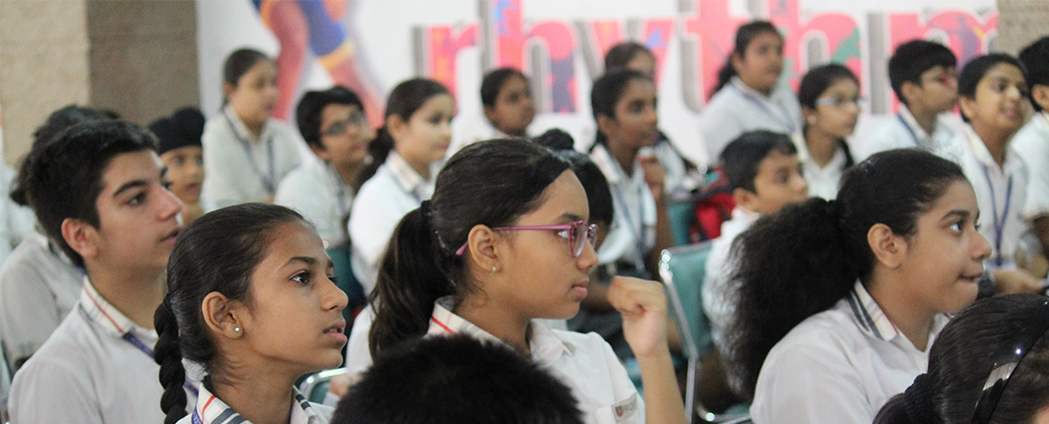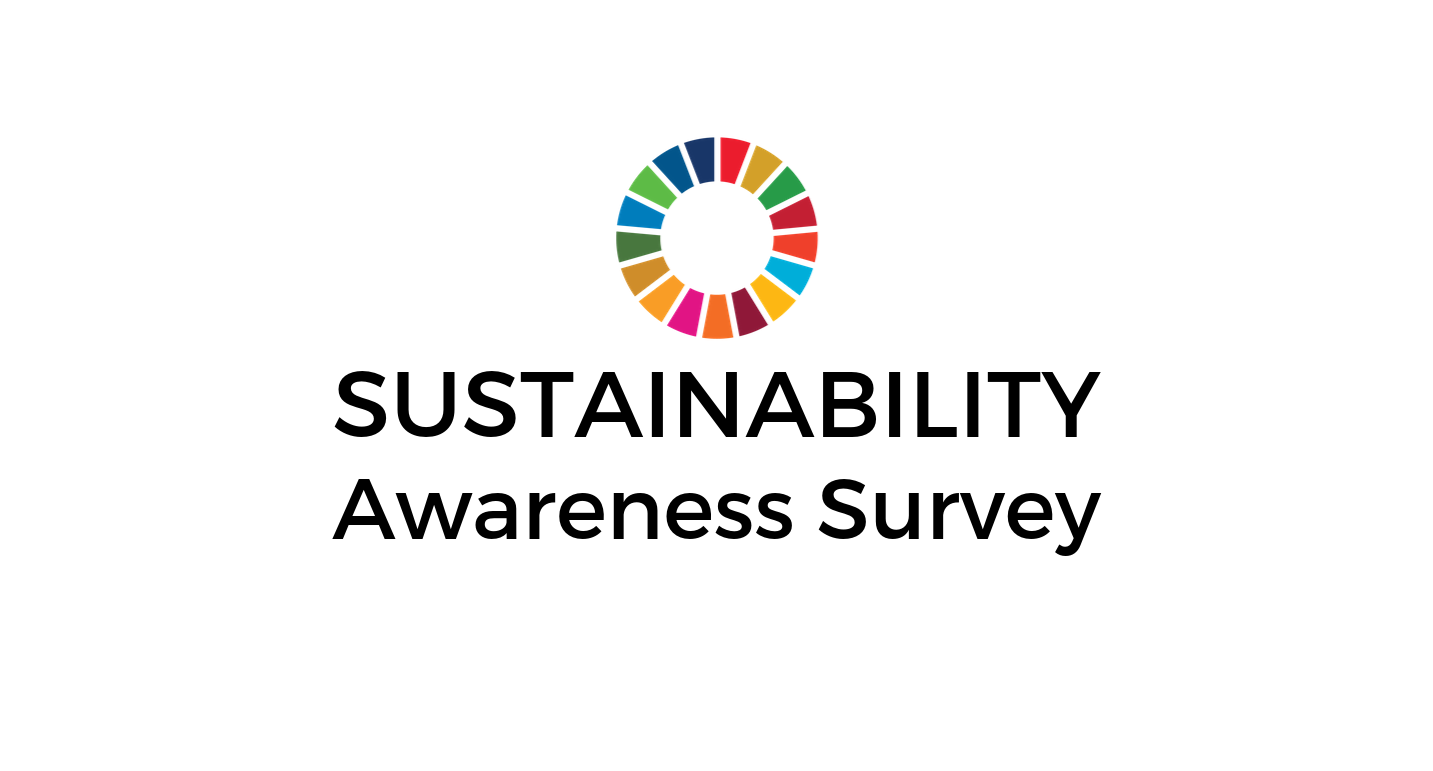To draw people’s attention towards existing gaps in the awareness about the concept of sustainability and Sustainable Development Goals among the youth of India, Brainwiz conducted a survey for the youth of North India. The survey was also conducted to identify and understand the contrasting perceptions of kids in tier 1 cities vs those in tier 2/3 cities. The survey also tries to highlight the contrasting opinion of the male population vs the female population.
We received the support from the following institutions while conducting the surveys for this report:
-
National Cadet Corps, Allahabad Group
-
Tagore International School, Vasant Vihar, New Delhi
-
GD Goenka Public School, Bahadurgarh, Haryana
-
Manav Sthali School, Deoria, UP
The survey was conducted to assert on the importance of Education for Sustainable Development (ESD) and its integration in the existing curricula of schools and colleges.
THE SDGs
On 25 September 2015, the UN General Assembly adopted the 2030 Agenda for Sustainable Development (UN, 2015). This new global framework to redirect humanity towards a sustainable path was developed following the United Nations Conference on Sustainable Development (Rio+20) in Rio de Janeiro, Brazil in June 2012, in a three year process involving UN Member States, national surveys engaging millions of people and thousands of actors from all over the world.
At the core of the 2030 Agenda are 17 Sustainable Development Goals (SDGs). The universal, transformational, and inclusive SDGs describe major developmental challenges for humanity.
The aim of the 17 SDGs is to secure a sustainable, peaceful, prosperous, and equitable life on earth for everyone now and in the future. The goals cover global challenges that are crucial for the survival of humankind. They set environmental limits and critical thresholds for the use of natural resources. The goals recognise that poverty alleviation must go handinhand with the strategies that build economic development.
They address a range of social needs including education, health, social protection, and job opportunities while tackling climate change and environmental protection. The SDGs address key systemic barriers to sustainable development such as inequality, unsustainable consumption patterns, weak institutional capacity, and environmental degradation.
In order to reach the set goals, everyone needs to do their part: governments, the private sector, civil society, and every human being across the world.
A key feature of the 2030 Agenda for Sustainable Development is its universality and indivisibility. It addresses all countries – from the Global South to the Global North – as target countries. All countries subscribing to the 2030 Agenda are to align their own development efforts with the aim of promoting prosperity while protecting the planet in order to achieve sustainable development. Thus, with respect to the SDGs, every country is to be considered ‘developing’ and needs to take urgent action.
METHODOLOGY
The results shown in the study are derived from surveys conducted in between March and May 2019. The survey contained simple questions that would test the students on their existing knowledge about the SDGs. The survey also contained questions about sustainability and the students were also asked to pick the SDGs they find most relevant. The participants of this survey were from a Tier 1 city school, 2 tier 2 city schools and an NCC Camp organised in Allahabad, catering to students from tier 3 cities around Allahabad.
Distribution of students
-
Total Respondents: 1086
-
A total of 672 respondents in Tier 1 city and 414 respondents in Tier2/3 cities
-
A total of 661 Boys and 340 Girls participated
KEY FINDINGS
-
43.2% of the respondents say that they don’t know about the SDGs at all and more than 55% say that they do not know for whom the SDGs are designed. The numbers are worse in tier ? cities than those in tier 1 city.
-
While 74.85% of all respondents in Tier 1 city feel that the society should have a development that meets the needs of the present without compromising the ability of future generations to meet their own needs, only 37.2% of all respondents in Tier 2/3 cities feel the same.
-
While approximately 90% of all respondents from the Tier 1 city realise the importance of an inclusive, sustainable and resilient future, only 50% of all respondents from tier 2/3 cities find it important.
-
More than 20% of the students in tier 2 / 3 cities believe that it is the government’s job to ensure sustainable development of a country.
-
While most students in the tier 1 cities are in favour of reducing greenhouse emissions and building climate resilience, more than 50% students in tier 2 / 3 cities are either against it or have no opinion on it.
-
83.8% respondents believe that as the youth of this country, they can play an important role in helping the country grow sustainably.
-
Almost 50% of all respondents do not find half of the SDGs important.
It is assumed that the students of Tagore International School, are a correct representation of the students of Tier 1 cities in North India. It is also assumed that the students of GD Goenka Public School and Manav Sthali School correctly represent the students of tier2 cities of North India and the students at the NCC Camp, who all hail from satellite towns around Prayagraj are a correct representation of all students in Tier3 cities in North India.
The survey aims to know the current level of awareness of the SDGs amongst the youth, and therefore the comprehension of the survey questions also depends on the understanding of the concepts associated with the SDGs. Thus, given the current knowledge of the students, the response to the survey can be considered weak in some cases.
A followup survey or a focused group discussion amongst a small random portion of the same population can shed further light on the thought process behind the responses, most of which are significant data point differences in opinions amongst boys and girls and those amongst kids of tier1 and tier2/ 3 cities.
A report of this survey was presented at the Roundtable Meeting on ESD organised by UNIC, New Delhi.
Click here to download the report





